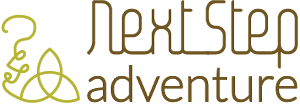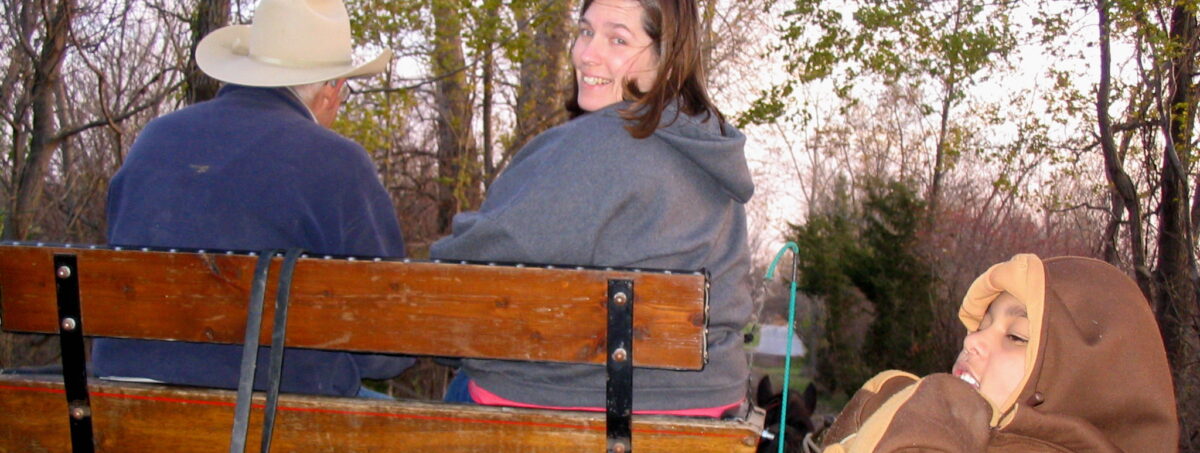This is a great game for any group of more than about a dozen people. I’ve played it outdoors, in classrooms and auditoriums. If you have an even number of people, just add yourself into the mix.
Pair up participants. Start out being the “caller” unless you have someone with experience who is dying to do it. The caller yells out different body parts, such as hand to hand, knee to knee, foot to foot, head to head. Or they can holler, “hand to knee” or “elbow to hip”. Participants follow these directions with their partners and touch an elbow to their partner’s hip.
The caller calls out several different arrangements. You can have participants hold each pose throughout or just one at a time. When the caller is ready to mix into the game again, she calls, “people to people” and all participants find a new partner while the caller does her best to grab someone who is now solo.
Whoever doesn’t have a partner becomes the new caller and repeats the process. This is a great game to lead into Elbow Tag.











